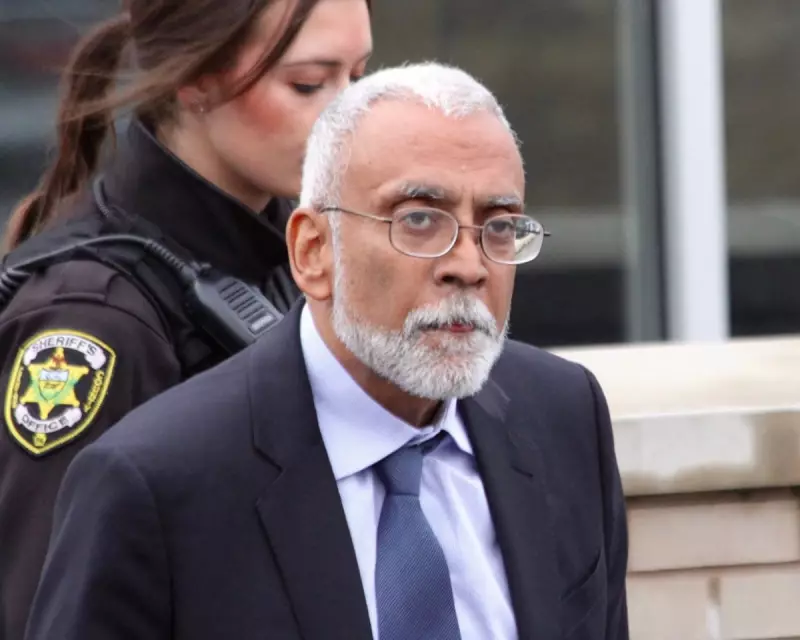
In a dramatic legal turnaround that exposes significant cracks in America's immigration enforcement, a US judge has halted the deportation of an Indian student whose criminal conviction was recently overturned.
The Case That Almost Sent an Innocent Man Home
Subu Vedam, who came to the United States from India to pursue his education, found himself caught in a legal nightmare that nearly resulted in his forced removal from the country. Despite his conviction being formally overturned by the courts, US Immigration and Customs Enforcement (ICE) had proceeded with deportation arrangements.
The case reached a critical point when an immigration judge intervened, recognising the fundamental injustice of deporting someone based on a conviction that no longer existed in the eyes of the law.
A System Under Scrutiny
This ruling throws a harsh spotlight on the US immigration system's procedures for handling cases where criminal convictions are later overturned. Legal experts suggest the case reveals alarming gaps in communication between criminal courts and immigration authorities.
"This isn't just about one student's ordeal," explained an immigration attorney familiar with similar cases. "It highlights a systemic failure where immigration enforcement continues operating on outdated information, potentially violating individuals' rights."
What This Means for Future Cases
The judge's decision sets an important precedent that could affect numerous other immigrants in similar situations. Legal advocates hope this ruling will force ICE to implement better procedures for:
- Regularly checking the status of convictions in deportation cases
- Automatically pausing removal proceedings when appeals are pending
- Establishing clearer protocols for cases involving overturned convictions
While Vedam's immediate future in the United States appears more secure, his case continues through the immigration court system as lawyers work to resolve his status permanently.
The outcome serves as both a cautionary tale and a potential catalyst for reform in how the US handles immigration cases intertwined with the criminal justice system.





